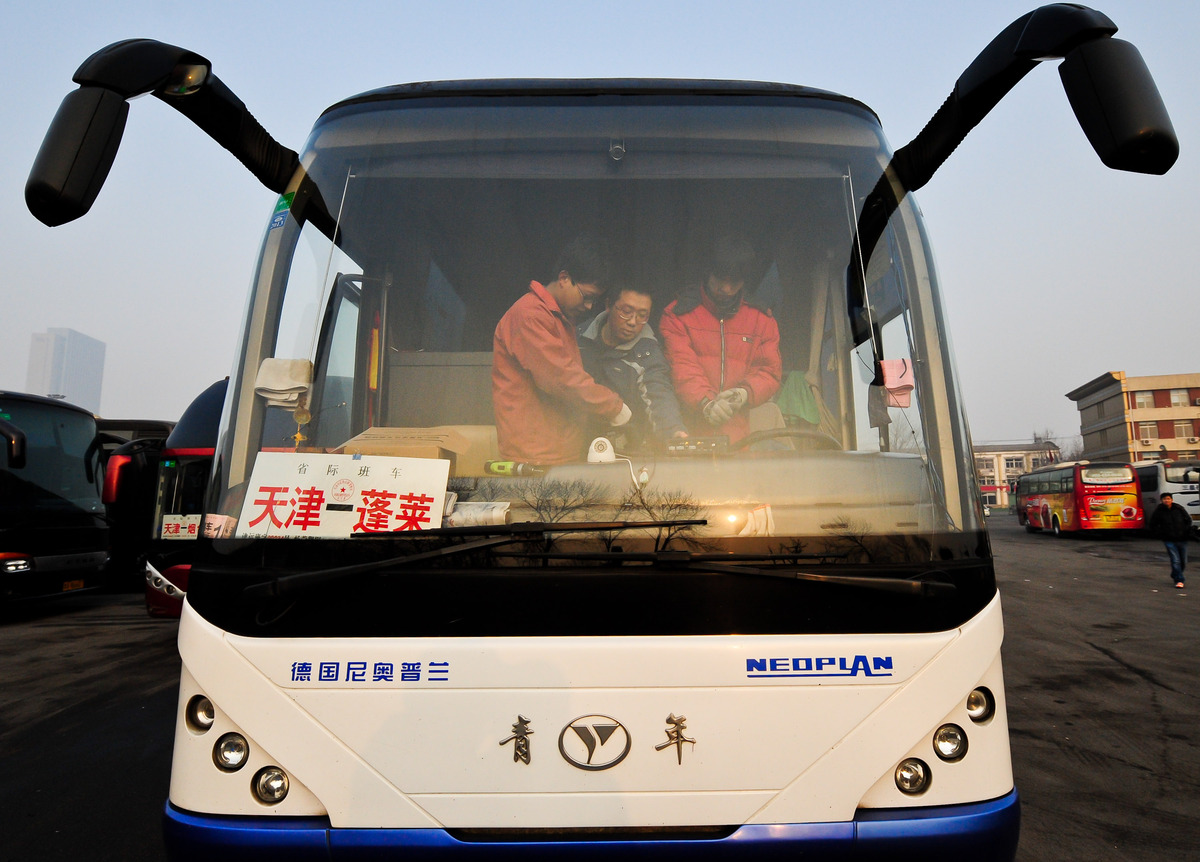Killer tech combo is a real game-changer


Such moves are part of Chinese companies' larger efforts to make the best use of Beidou. By the end of 2019, Beidou functions had been applied in nearly 6.6 million taxis, buses and trucks around China. More than 3,200 navigation facilities along rivers and over 2,900 maritime navigation instruments employ Beidou services, according to a GLAC report.
In the agricultural sector, Beidou-enabled functions are used in at least 50,000 farm machines and have improved operational efficiency.
Cotton growers in the Xinjiang Uygur autonomous region have found it more efficient and cost-effective to deploy Beidou-navigated unmanned aerial vehicles or drones to spray farm chemicals rather than doing so manually, thus saving manpower, money and time.
In China, the overall value of satellite-enabled navigation and positioning services in 2019 was 345 billion yuan ($48.5 billion), up more than 14 percent year-on-year, according to a GLAC report.
The number is expected to exceed 400 billion yuan by the end of this year, as wider applications are foreseen, the GLAC has forecast.
Sun Jiadong, an academic at the Chinese Academy of Sciences and former chief designer of the Beidou system, had said earlier: "What we are doing in China is we are all laying the foundation for Beidou's global applications. Beidou will start providing full-scale global services in 2020, and I believe its globalization boom will come around 2021."
More efforts are needed to explore the industrial application of Beidou, he said.
Amid the COVID-19 outbreak, Beidou has also played a positive role in helping quickly build makeshift hospitals for patients in Wuhan, Hubei province.
Take the construction of Huoshenshan and Leishenshan hospitals. Beidou-powered mapping equipment was used to quickly locate the construction sites for the two hospitals, said Zhou Ruxin, chairman of BDStar Navigation, a Beijing-based company that develops Beidou-related high-precision equipment.
Beijing Enterprises Group Co Ltd, a major infrastructure builder in Beijing, has also used Beidou to track gas pipelines, which can help swiftly locate gas leaks before they cause serious damage.
Even during the typhoon season, Beidou has played an indispensable part in helping fishermen cut losses and evade the strong winds and waves.
When typhoon Hagupit, the fourth typhoon this year, approached the coastal areas in eastern China's Fujian province in early August, all the boats in Sansha township, Xiapu county, were already moored at the bay.
"All of our boats have returned to the harbor thanks to the Beidou position indicators that were installed in them, which allow us to locate the exact position of the boats in real-time and give prompt notifications," said Lin Peng, who is with the local marine and fishery enforcement brigade.
























